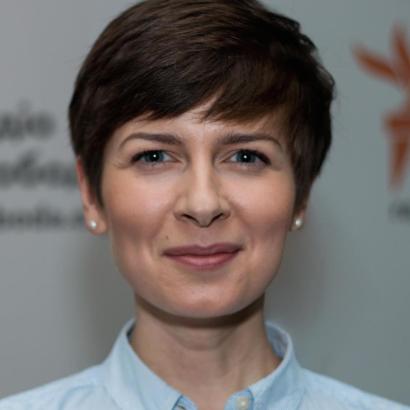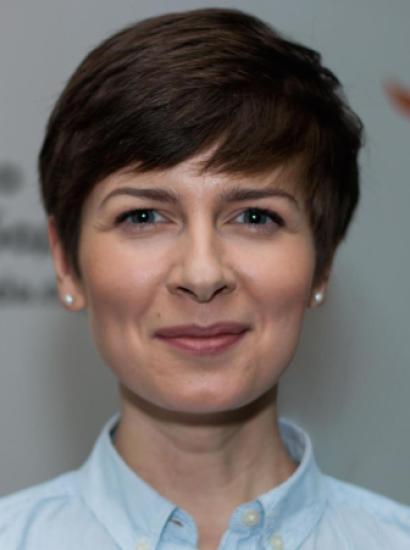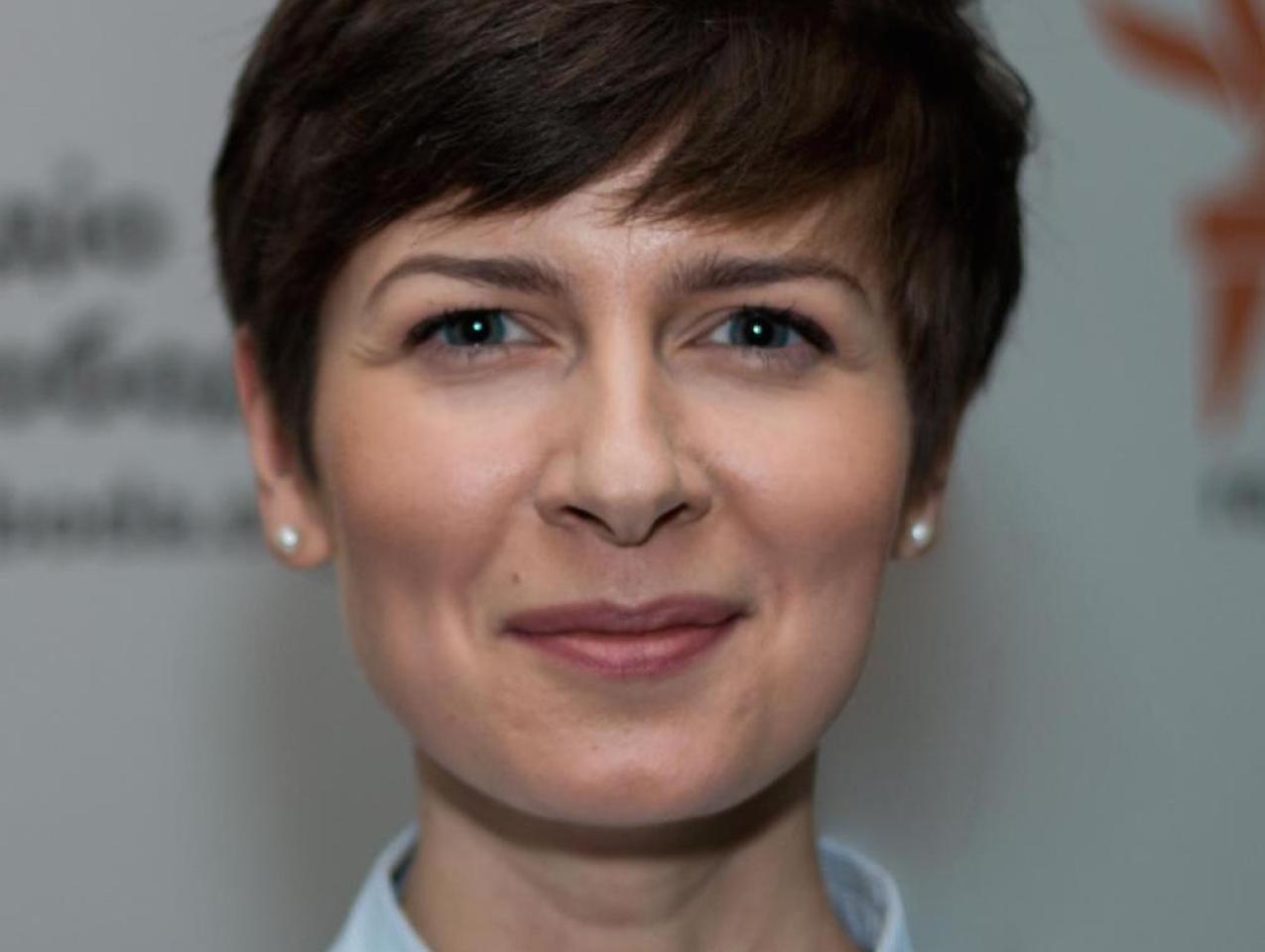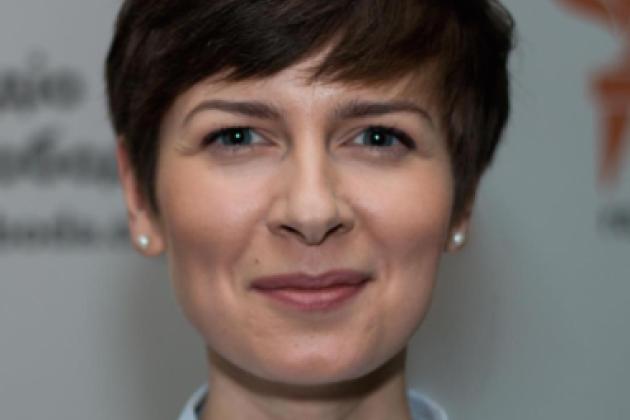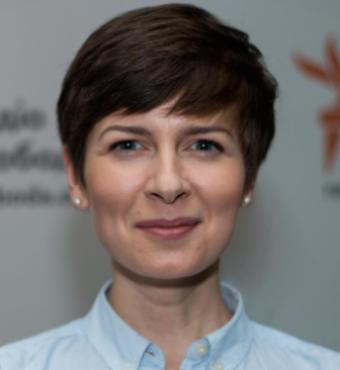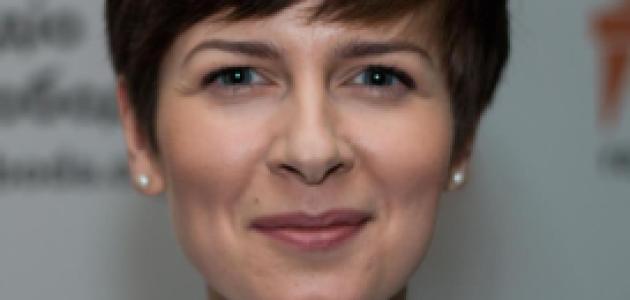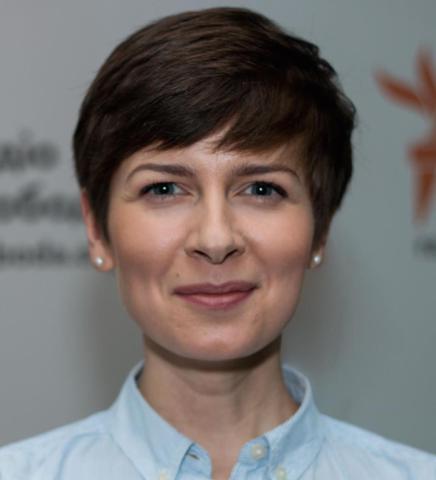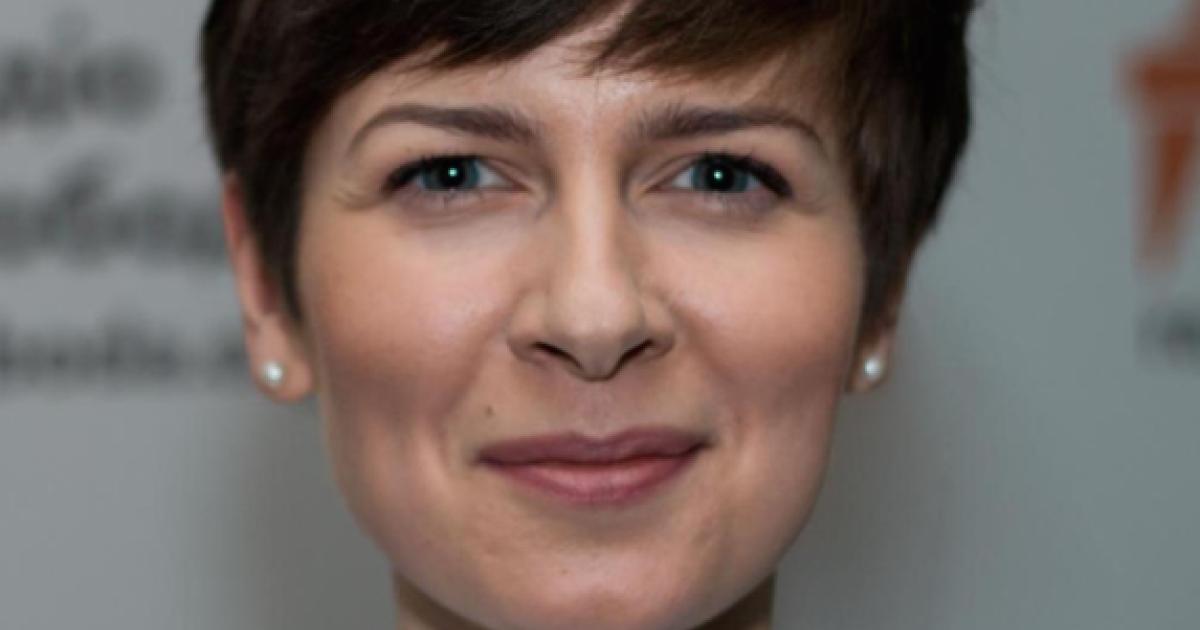The Radio Free Europe/Radio Liberty Historical Recording Description Project (HRDP) is an initiative to produce English-language content summaries for digitized radio broadcasts in over 33 languages and dialects from the RFE/RL collections. It is a hybrid effort whereby crowdsourcing augments established agreements with partner institutions.
The project, which soft-launched in January 2016, counts the Vera and Donald Blinken Open Society Archives, the National Library of Latvia and the Slavic Languages and Literatures program at the University of Kansas among its institutional partners while a team of individual volunteers from across the globe provide descriptions in other languages.
The Hoover Institution Library & Archives encourages volunteers to apply their work on this project to academic capstone projects or independent study courses. Students and educators are welcome to contact the project manager about participating however volunteers unaffiliated with academic programs are likewise welcome to apply.
A printable PDF flier for the project can be downloaded here.
Languages include: Armenian, Azeri, Belarusian, Czech, Dari, Estonian, Georgian, Kazakh, Kyrgyz, Lithuanian, Pashto, Romanian, Slovak, Tajik, Turkmen, Ukrainian and Uzbek.
The Hoover Institution Library & Archives would like to thank the following institutions and individuals for their participation in the project:
Institutional partners:
Stephen Dickey (Slavic Languages and Literatures, University of Kansas)
Zane Grosa (National Library of Latvia)
Gabriella Ivacs (Open Society Archives)
Olena Removska (Ukrainian Service, RFE/RL)
Individual contributors:
Lyalya Kharitonova, Clare Lewin, McKinzey Manes, Karlyga Myssayeva, Anna Nehyba, Raimundas Smitas and Svetlana Ushakova
Interested in participating? New applicants should submit a cover letter addressing your interest in the project, applicable qualifications, statement of availability, a resume, and three references to Brandon Burke, brburke@stanford.edu.
Testimonials from participants:
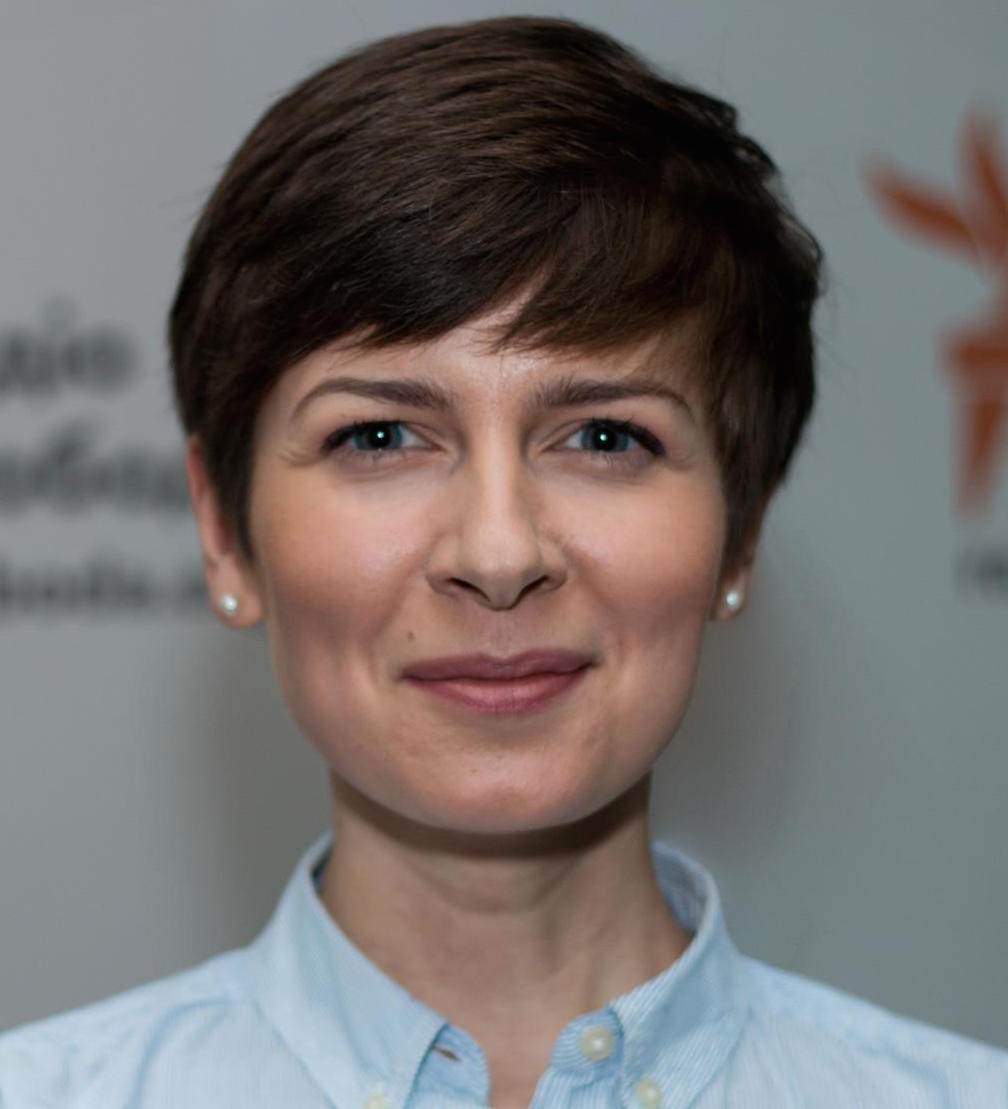
“In 2014, I published my research on the history of the Ukrainian Service of Radio Liberty (RFE/RL). On one hand, it was the final product of long and hard work. But also, it was a beginning of a new one. Thanks to the Hoover Institution Library and Archives, I started working with archival RFE/RL records – something I really missed while I was preparing my research. These records give me a much better understanding of RFE/RL history, but also – of Ukrainian history. For instance, some records and scripts were used in a RFE/RL special project about the Chernobyl Disaster. All this is priceless. I am glad to be a part of the program and have an opportunity to work with archival materials I need for my further research”
––Olena Removska, Ukrainian Service, RFE/RL (Prague, CZ)
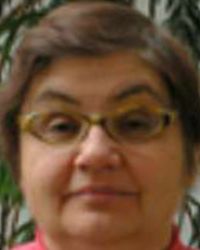
“To me, the most fascinating is the era the recordings I am describing – 1989 and 1990. It is an exceptional era in the Bulgarian history. Political life experienced unprecedented revival. The parties, such as the Agricultural Union “Nikola Petkov,” the Radical Party, the Social Democratic Party – all illegal since 1948-1949 – are functioning again. New parties such as Econoglasnost, the Green Party, the Union of Democratic Forces and the trade union the Confederation of Labor Podkrepa are being formed and, in general, there is a substantial increase in political activism among people and high hopes that the communist system is in the process of being replaced with more dynamic democratic system that will bring improvements in all spheres of political and economic lives.”
––Clare Lewin, Open Society Archives (Budapest, HU)
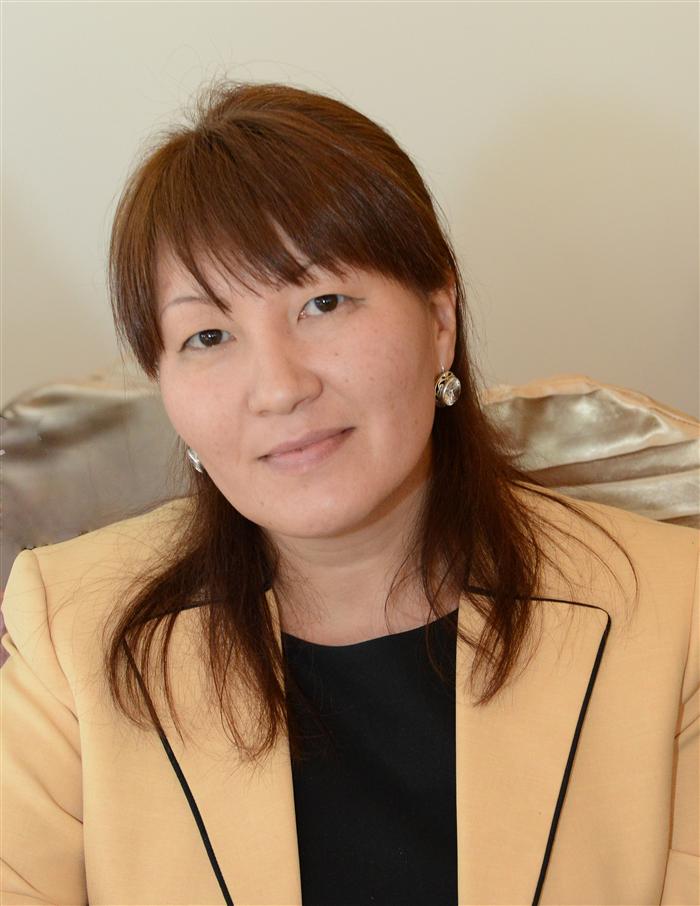
"In 2012, I published my research on the development of radio in Kazakhstan. The history of development of radio in Kazakhstan says that for many people radio was chosen as a lifestyle support system, to help people to get news faster than from the other media. In addition to this the Kazakh Service of Radio Liberty (RFE/RL) gives to listeners more opportunity to get the true story about their daily lives.
Thankful to the Hoover Institution Library and Archives, I started working with archival RFE/RL records – which give me a much better understanding of Kazakhstan history. To me, the most important story is the era the recordings are describing, 1990 and 1992, because it was an exceptional time in Kazakhstan’s history: the country declared independence; there was the first President’s election; and stories of ‘The December events” in Almaty. New political parties such “Zheltokhsan” and “Azat’ are being formed and in general there is a substantial increase in political activism by the people. For instance, some records and scripts were used in a RFE/RL special project about the December events in Almaty. I am glad to be a part of a program and have an opportunity to work with archival materials, which I plan to use for my further research. Listening the records of the Kazakh Service of Radio Liberty (RFERL) was a deeply personal great experience. It engages my mind and emotions about the history of my country in the beginning of Independence Day."
––Karlyga Myssayeva, Al-Farabi Kazakh National University (Almaty, KZ)

"I am from the first generation that was born in newly-independent Lithuania, I can't really say that I had a lot of contact with RFE/RL myself. However, my parents used to tell me about radio and TV stations broadcasted from abroad, where they could listen to news not censored by the USSR. That is the reason why I jumped at the opportunity to work with the Hoover Institution by participating in the description project - I wanted to listen to recordings of an era so important to the Lithuanian history. Furthermore, it has been fascinating to hear the poets and musicians I only learned about in school recording their works abroad in an attempt to foster Lithuanian culture. All in all, I believe that the description project will only further preserve the important times and people of our young country. "
––Raimundas Smitas, Paris School of International Affairs (Paris, FR)







